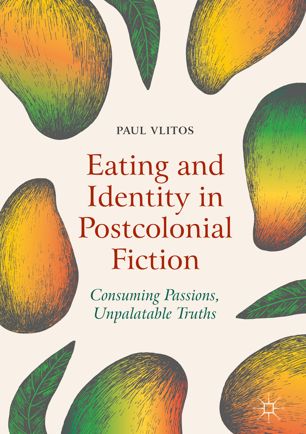

Most ebook files are in PDF format, so you can easily read them using various software such as Foxit Reader or directly on the Google Chrome browser.
Some ebook files are released by publishers in other formats such as .awz, .mobi, .epub, .fb2, etc. You may need to install specific software to read these formats on mobile/PC, such as Calibre.
Please read the tutorial at this link: https://ebookbell.com/faq
We offer FREE conversion to the popular formats you request; however, this may take some time. Therefore, right after payment, please email us, and we will try to provide the service as quickly as possible.
For some exceptional file formats or broken links (if any), please refrain from opening any disputes. Instead, email us first, and we will try to assist within a maximum of 6 hours.
EbookBell Team

4.4
62 reviewsThis book focuses on the fiction of four postcolonial authors: V.S. Naipaul, Anita Desai, Timothy Mo and Salman Rushdie. It argues that meals in their novels act as sites where the relationships between the individual subject and the social identities of race, class and gender are enacted. Drawing upon a variety of academic fields and disciplines — including postcolonial theory, historical research, food studies and recent attempts to rethink the concept of world literature — it dedicates a chapter to each author, tracing the literary, cultural and historical contexts in which their texts are located and exploring the ways in which food and the act of eating acquire meanings and how those meanings might clash, collide and be disputed. Not only does this book offer suggestive new readings of the work of its four key authors, but it challenges the reader to consider the significance of food in postcolonial fiction more generally.